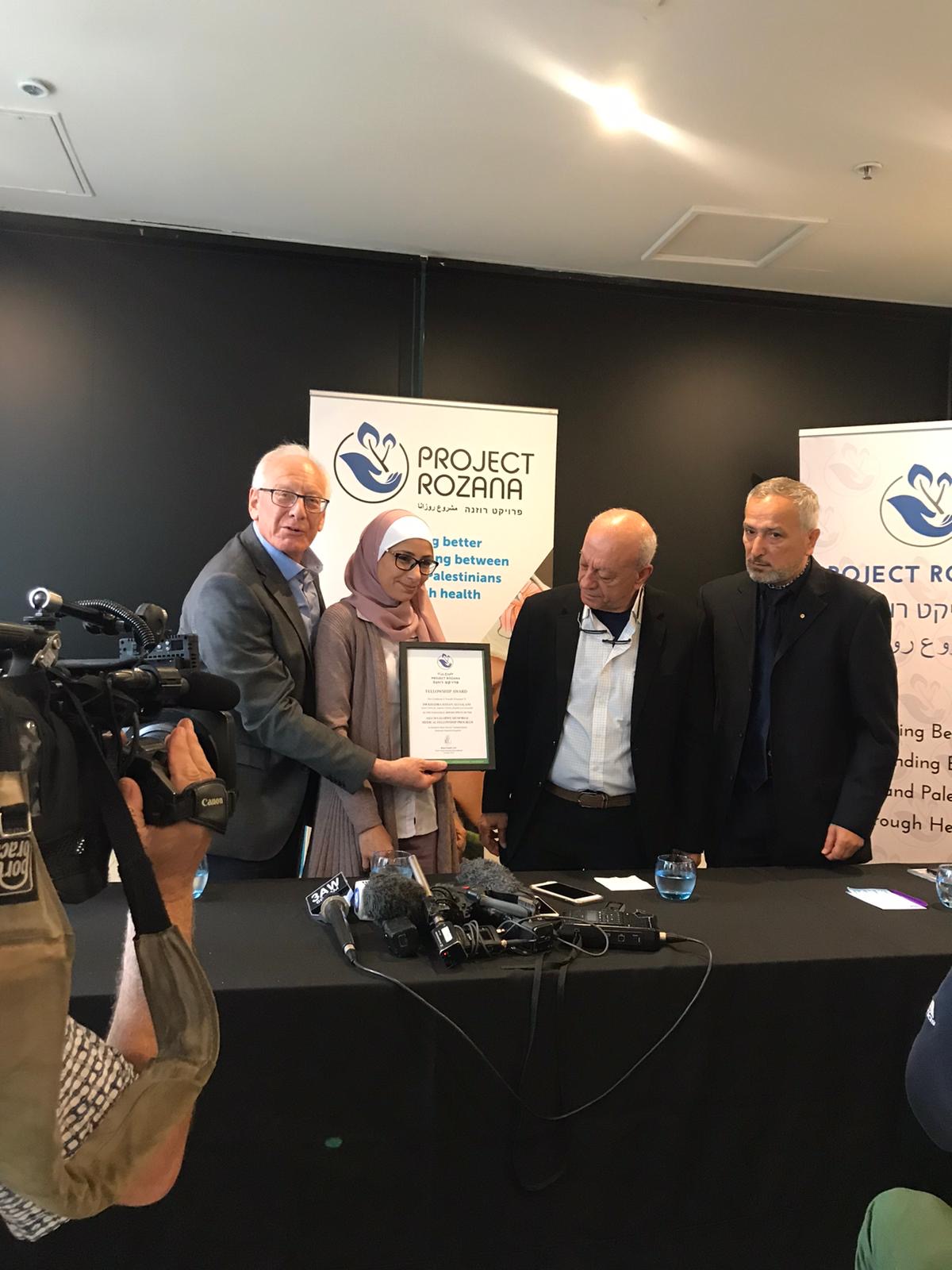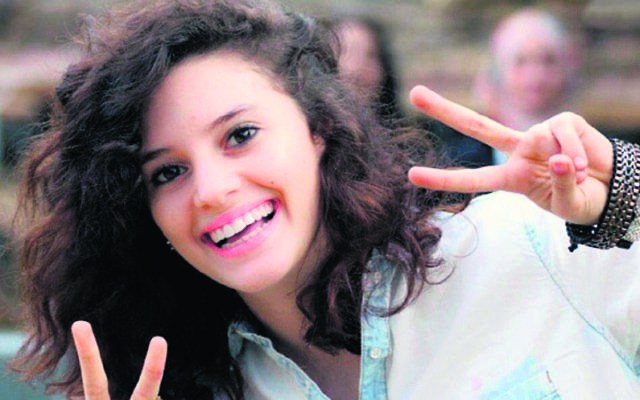Aiia’s legacy: Spreading love and hope
'Aiia would have been inspired by Project Rozana and its commitment to ensure that Palestinians living in the West Bank and Gaza receive the same healthcare that we do in Israel'.
ON October 28, Project Rozana will formally announce a medical fellowship in memory of Aiia Maasarwe, a young Arab-Israeli exchange student who was brutally raped and murdered in Melbourne on January 16 this year.
Among the guests at the launch will be Aiia’s father, Saeed Maasarwe and her younger sister, Noor, who will travel from the family home in northern Israel. Their visit will coincide with the sentencing of Codey Herrmann, who was convicted of the crime. To that extent it will give the family closure.
Related coverage: Healing after tragedy

While it won’t bring his daughter back to life, the Aiia Maasarwe Memorial Medical Fellowship will give Aiia a voice. When we asked the family for their permission, Saeed wrote to us and said, “Aiia would have been inspired by Project Rozana and its commitment to ensure that Palestinians living in the West Bank and Gaza receive the same level of healthcare that we do in Israel. Project Rozana shows that Israelis and Palestinians can live and work together in harmony, and that is also something that was important for Aiia.”
In his darkest despair, Saeed said that he wants his daughter’s memory and legacy to spread love and hope. He said she would be humbled to have a medical fellowship program established in her name.
Just as the Maasarwe family entrusted their daughter to Australia, so Australians are investing their hopes in a community initiative that will operate many thousands of kilometres away.
Project Rozana is an Australian health promotion organisation designed to leverage Israeli healthcare for the benefit of Palestinians living in the Palestinian Territories.
Established in 2013, and now also operating in the US, Canada and Israel, the role of Project Rozana is to fund the training of Palestinian doctors, nurses and therapists in Israeli hospitals in order for them to build Palestinian healthcare capacity.
It isn’t only that Israel has one of the highest standards of healthcare in the world, but the reality is that too many bright, educated Palestinians who train in places like the UAE, Germany and the United States tend to remain there for a variety of reasons. Project Rozana’s mantra of “train local, stay local” is resonant for many in Palestinian society.
Providing free transport for Palestinian patients from their homes in the West Bank and Gaza to hospitals in Israel is also a vital element of what Project Rozana does. Without this support many patients would miss out on life-saving treatment due to the prohibitive cost of alternative transport options.
And another aspect of Project Rozana’s work is to provides access to complex medical procedures in Israeli hospitals for Palestinian children, when those procedures are either unavailable or in limited supply in Palestinian hospitals.
This quiet diplomacy operates beyond the shrill of politics, religion, nationalism or gender. It has a Teflon coating, which rejects any attempt for hardened positions to attach themselves. We are ever alert to that; equally, we refuse to succumb to accusations of ‘normalisation’, or any attempt to deny well-meaning Israelis and Palestinians from supporting the rights of vulnerable children to access physical and mental healthcare without precondition.
Our board reflects the broad church of community concern for human rights. We are an organisation building bridges between individuals, a movement with an increasingly global presence that will flourish ever more brightly when there are peaceful relations between Israelis and Palestinians.
Saeed and his family understand this, and he believes his daughter would have as well.
Ron Finkel is the chair of Project Rozana Australia. For more information and to donate, visit rememberingaiia.com.


comments